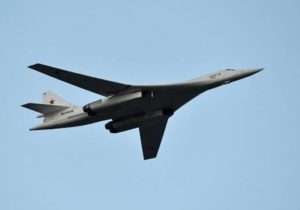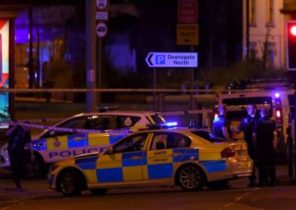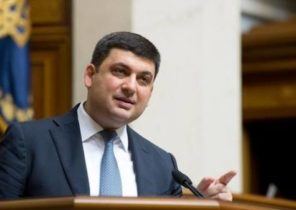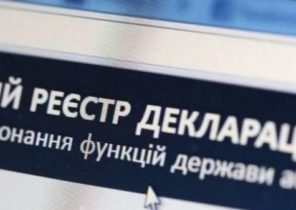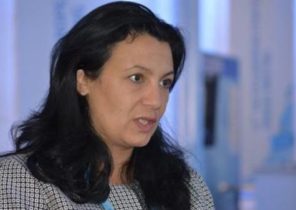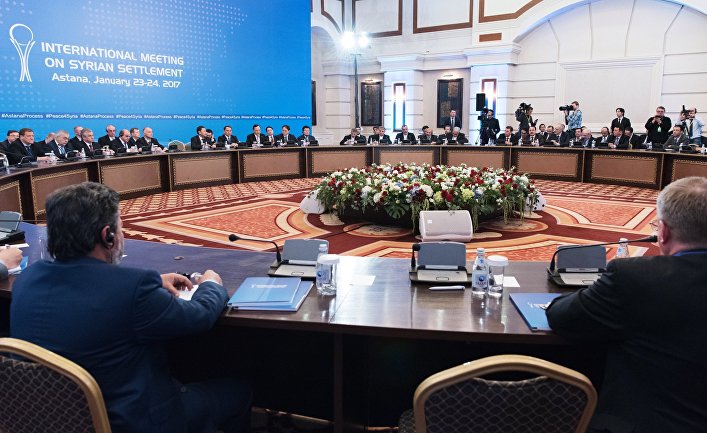
Organized by Russia and Turkey in Astana talks on Syria ended on 24 January with two results. The first, of a diplomatic nature, was the statement in which these two States and Iran agree to strengthen the fragile truce, approved in late December, after the capture of Aleppo by the government forces.
Second, the military result was the resumption of fighting between moderate rebels and jihadists in the provinces of Idlib and Aleppo: they are sharply intensified, reaching an unprecedented three years of the scale. This is one of the unwritten rules of the Syrian crisis: lull in fighting rebels and loyalists means the rise of the bloodshed in the camp of Assad’s opponents.
The escalation began on January 23 when the front “Fatah al-sham” (formerly “Dzhabhat EN-Nusra”, which was considered in the West as a terrorist organization) have surrounded the base of the “Jaysh al-Mujahideen” of the Free Syrian army (the moderate branch of the rebels) West of Aleppo. Later other brigades of Islamist or nationalist wing began to attack the Islamists like “Sukkur al-sham” and “Jabha Shamiya” (both groups were presented in Astana).
During the day more than ten localities were the theatre of combat between “Fatah al-sham” (an organization banned in Russia — approx.ed.) with the satellites (“Jund al-Aqsa”, “Noureddine al-Zinki”, “Liwa al-Haq”) and different PAS units, which are sponsored by Turkey, Qatar and Saudi Arabia, three main patron of the opposition in the middle East. The attackers blocked the Internet access around Idlib, in connection with which to obtain accurate information about the fighting and the number of victims was difficult.
Revolution and betrayal
One thing we can say with full confidence: the conference in Astana was exacerbated by a traditional antagonism between jihadists and moderates. After the last meeting of the representatives of the two movements of rebellion, forced the allies to fight against the regime, unlikely to see each other as before. The leaders of the “Fatah al-sham” suspect a conspiracy. The presence of the commanders of the rebels in the Kazakh capital on a par with the envoys of Russia and the West is, in their opinion, a sign of collusion.
The fact that in the Russia, Turkey and Iran, the final statement emphasized the intention to deal not only with the “Islamic state” (banned in Russia as a terrorist organization — approx.ed), and “Fath al-sham”, the movement strengthens the idea that SSA is going to draw a weapon against him. Hence the recent attack, which aims, if not to seize the initiative, then at least be a warning for rivals. “You can not become tools in the hands of the enemies of Jihad,” claims “Fath al-sham” in the message to the “brothers in the trenches” in social networks.
The same categorically deny the fact of the betrayal. They believe that jihadists use the talks in Astana in order to demonize and discredit “the revolution.” They have not forgotten the ease with which “Dzhabhat EN-Nusra” killed in 2014, two of the largest brigades of the FSA: the Syrian revolutionaries Front and “Hazem”.
Bothers them and sent against them a series of assassination attempts (both prevented and successful) in the region of Idlib. Sermon “Fath al-sham” cause them serious irritation: according to them, if it would move and the “Noureddine al-Zinki” not stormed in late November, the largest cache of weapons the FSA in Aleppo, the Eastern quarters of the city would not be in the hands of Assad’s forces (at least not as fast).
Whatever it was, the developments since the beginning of the year seriously worried about the jihadists. Less than a month, at least 150 of them died under the blows of the American aircraft. Eliminated were including their commanders, such as former associate of Bin Laden, Khattab al-Qahtani. The number of airstrikes significantly increased: as reported by the Associated Press, a source at the Pentagon, January 19 b-52 dropped as much as 14 bombs for training camp “Fatah al-sham” in Idlib, with the result that was abolished nearly 100 militants.
The wave of bombings was launched after the failure of negotiations on the unification of the ranks of the “Fatah al-sham” and “Ahrar al-sham” (influential in the area of Idlib Salafi group). Although both movements are collaborating in the framework of the Alliance “Jaish al-Fatah”, is divided into two streams (one maintains close ties with “al-Qaeda”, the other with Turkey) “Ahrar al-sham” categorically rejected the merger proposal. It was a resounding slap for “Fatah al-sham”, who saw in this another sign of a conspiracy to expel him from Idlib.
In response, his forces were attacked on January 19 at several positions, “Ahrar al-sham”, including a post on the border with Turkey. In the current situation of the Salafi range between the support of the SSA and attempt to mediate the dispute. Together with other movements, they put obstacles in order not to miss the column of fighters that can “attack the Muslims and spill blood.”
The representative of command of Ahrar al-sham” compared the current fighting with the confrontation between the FSA and ISIS in January 2014. IG then pushed out of all of Idlib and the rebel areas of Aleppo. Anyway, the Syrian Islamic Council (known in the North of the country, an opposition group of religious leaders) fighters called “Fath al-sham” “the departed” in its press release and called on all Syrians to deal with them.
According to the Director working in the North of Syria, NGOs, collisions can lead to the division of the province between the armed groups:
“The border with Turkey the zone will be assigned to SSA. The area around Idlib, where he was elected civic Council for “Ahrar al-sham”. The massif of Jabal Al-Zawiya, where it is easier to hide from the American air force — “Fath al-sham”. The winner will be. The only winner in this internal struggle, as always, will be mode”.
